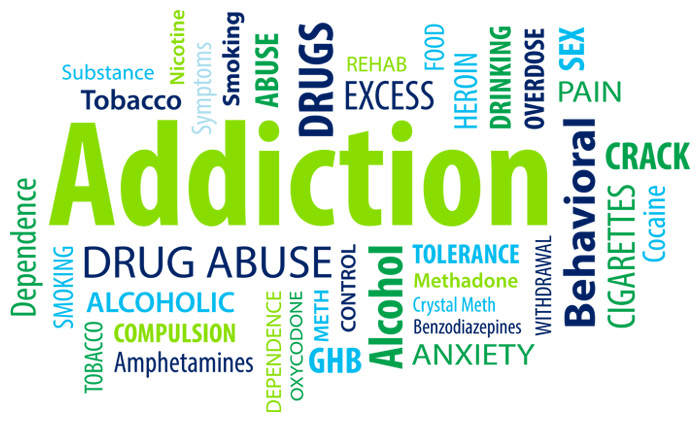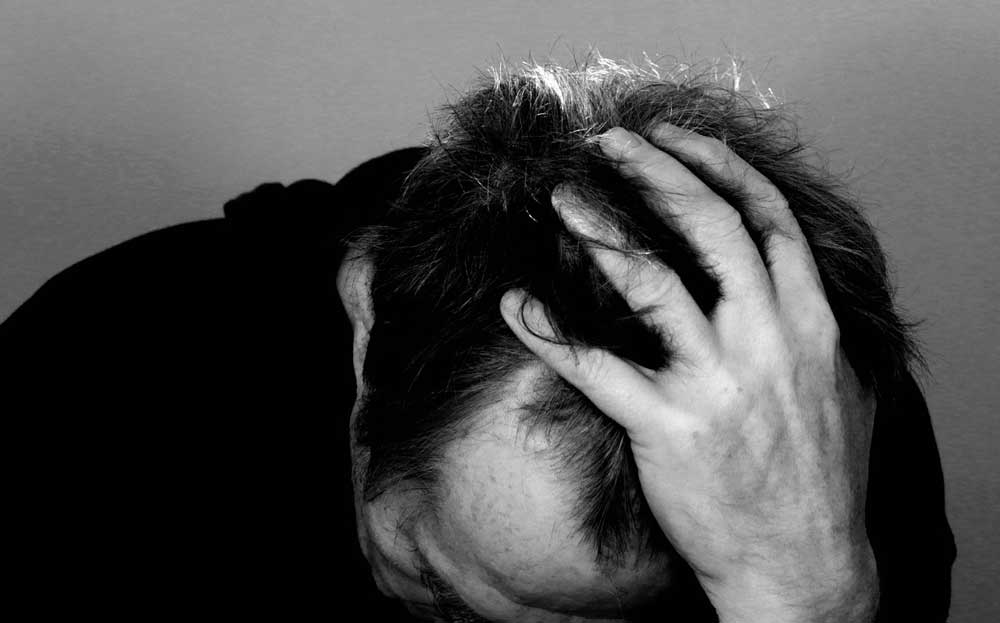Legalizing alcoholic risk factors

Legalizing alcoholic risk factors is the biggest sin authorities have done.
Legalizing alcoholic risk factors: Getting the facts right
Are you surprised that the most killer drug is also the best in revenue generation for most states across the globe? Could this be the reason why legalizing alcoholic risk factors has become so easy for the authorities? I am not crazy to ask these questions. But if you think I am, I want us to reason together as the bearers of the burden of living with alcoholics in our families. The authorities are not ignorant of the fact that alcohol is a killer. In their control mechanism, they have ordered all the alcohol processing plants to put a disclaimer on each of their brands that “excessive alcohol consumption is harmful to your health.” What goes on in your mind when you read that point? Let me put it like this, if you were to be bitten by the young one of a snake will the venoms be less poisonous than if the adult snake was to bite you? Are you getting my point now? What the authorities are saying is that it is less harmful to take less alcohol yet the content of each bottle remain the same.
It is amazing that even with obvious health risk of alcohol people are still very much into drinking. It has become a global problem with the west taking the lead in alcohol abuse. America, for example, is struggling with this problem of alcohol abuse with most under age getting into drinking habit. Most American adults drink at levels that put them at risk for alcohol dependence and alcohol-related problems. To help our societies from the scourge of this addiction we spoke with the experts from AWAREmed Health and Wellness Resource Center under the leadership of doctor Dalal Akoury MD who is going to highlight some of the alcoholic risk factors in relation to age and gender
Legalizing alcoholic risk factors: Age
Drinking in Adolescence – we all know that alcohol consumption is very unhealthy in all dimensions, the risks of alcohol use get more complicated depending on when one begins taking alcohol and the duration of usage. People who begin drinking in adolescence is at risk for developing alcoholism. The earlier a person begins drinking, the greater the risk and so young people are at highest risk for early drinking are those with a history of abuse, family violence, depression, and stressful life events.
Drinking in the Elderly Population – Although alcoholism usually develops in early adulthood, the elderly are not safe either. They are also affected though in a different way, for example, those who maintain the same drinking patterns as they age can easily develop alcohol dependency without realizing it. It will take fewer drinks to become intoxicated, and older organs can be damaged by smaller amounts of alcohol than those of younger people.
Legalizing alcoholic risk factors: Gender
Finally, there is no doubt that majority of alcohol users are men though the women population drinking is also rising by the day. Studies suggest that women are more vulnerable than men to many of the long-term consequences of alcoholism. For example, women are more likely than men to develop alcoholic hepatitis and to die from cirrhosis, and again they are more vulnerable to the brain cell damage caused by alcohol. With all these risks facing us, we can only do the right thing which is to schedule an appointment with doctor Akoury for the commencement of our recovery process now.









